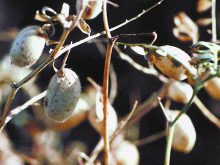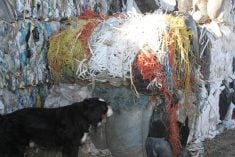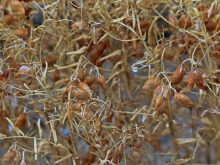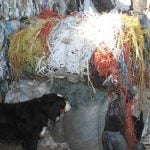The controversial agricultural policy framework is not the answer to dairy industry losses because of the BSE crisis, a dairy industry leader told MPs last week.
In mid-September, federal agriculture minister Lyle Vanclief, with the concurrence of provincial ministers, rejected a beef industry proposal for a program to compensate for cull cow income losses.
He said the industry, battered by lost export markets and collapsed prices because of an incident of bovine spongiform encephalopathy in May in Alberta, should rely on the APF even though it is not yet officially in force.
Read Also

Message to provincial agriculture ministers: focus on international trade
International trade stakeholders said securing markets in the face of increasing protectionism should be the key priority for Canada’s agriculture ministers.
But Ontario dairy farmer Bruce Saunders, vice-president of Dairy Farmers of Canada, said the APF does not work for the dairy industry.
He told the House of Commons agriculture committee that revenue declines for dairy farmers from lost cull cow and bred heifer sales would typically be 20 percent. The APF disaster fund is meant to trigger when margins fall more than 30 percent below a rolling average.
“If the loss on a dairy farm was 20 percent, then that wouldn’t trigger the 30 percent loss or the 70 percent threshold and therefore there wouldn’t be any payment coming to dairy producers in this particular case,” Saunders said.
And he added that the Ontario dairy industry continues to support the consensus of provincial farm organizations that the new Ontario provincial government should not sign the APF implementing agreements without significant changes in design.
One of the criticisms of the proposed new national farm safety net program is that while it may work well for farmers facing significant income losses in a year, it does not work for farmers facing modest decreases that incrementally undermine the operation, nor for farmers facing catastrophe such as beef farmers affected by BSE.














